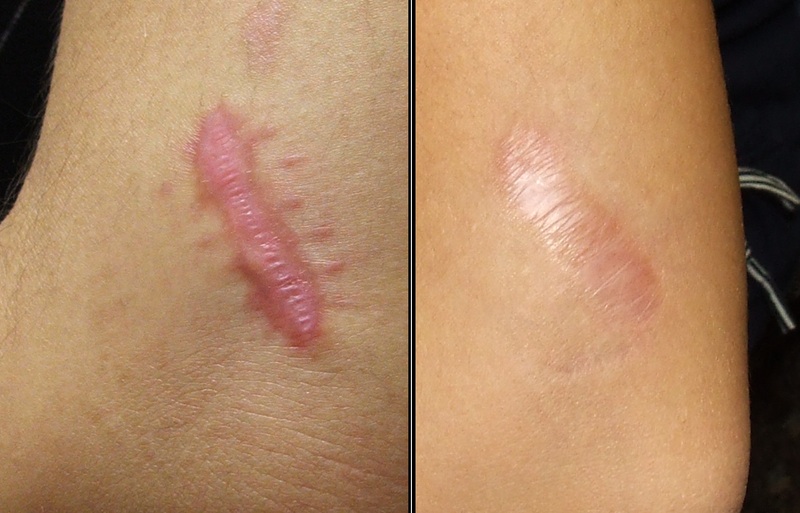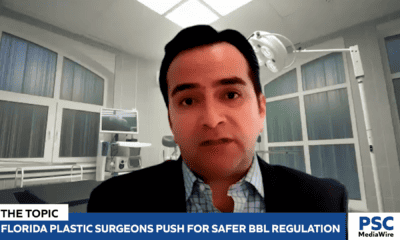
The Food and Drug Administration (FDA) has approved a new topical silicone gel mixed with a topical steroid to treat problem scars. Scars remain a primary concern for plastic surgery patients.
By Carolynn Grimes
ThePlasticSurgeryChannel
Enaltus Chief Operating Officer, Zubin Meshginpoosh, says “BioCorneum HC was developed to provide physicians and their patients another option in scar management for those patients that experience redness and itchiness that can occur with excess inflammation during the healing process.”
New topical steroid cream offers options
“It’s well documented that the use of steroid injections can help with hypertrophic or keloid scars” according to William P Adams Jr MD. Adams says, “While products such as a topical silicone with steroid are a good option for problem scars, they should not be used for first line scar therapy. Generally, topical silicone sheeting or silicone gel, minimizing tension, pressure and sun avoidance are the proven first line therapies. If scars appear not to be progressing, this is where limited topical silicone gel with steroid could be used.”
Most scars will heal with the usual treatment and wound care which includes giving the scar time to heal, keeping the scar out of the sun, and keeping it well hydrated and clean. Other people, mostly due to genetics, can form wide or raised scars.
Genetics play an important role in how your scars heal
Board certified plastic surgeon, Dr. Dan Del Vecchio says, “One of the biggest problems with wound healing in cosmetic surgery isn’t the incision and the way the wound is closed,” he says, “the real variability in wound healing is the way the patient heals.”

According to experts, everybody has a different healing time and response when it comes to healing of scars. Board certified plastic surgeon, Dr. Lee Thornton says, the science of topical steroid is less proven than injectable, but many patients would rather try a topical cream with a steroid first, before moving forward to injections. Thornton says, “If you began to have problem scarring, you might move to a topical steroid and if that doesn’t take care of it, you might use injectable steroids as well.”














Facebook
Twitter
Instagram
YouTube
RSS